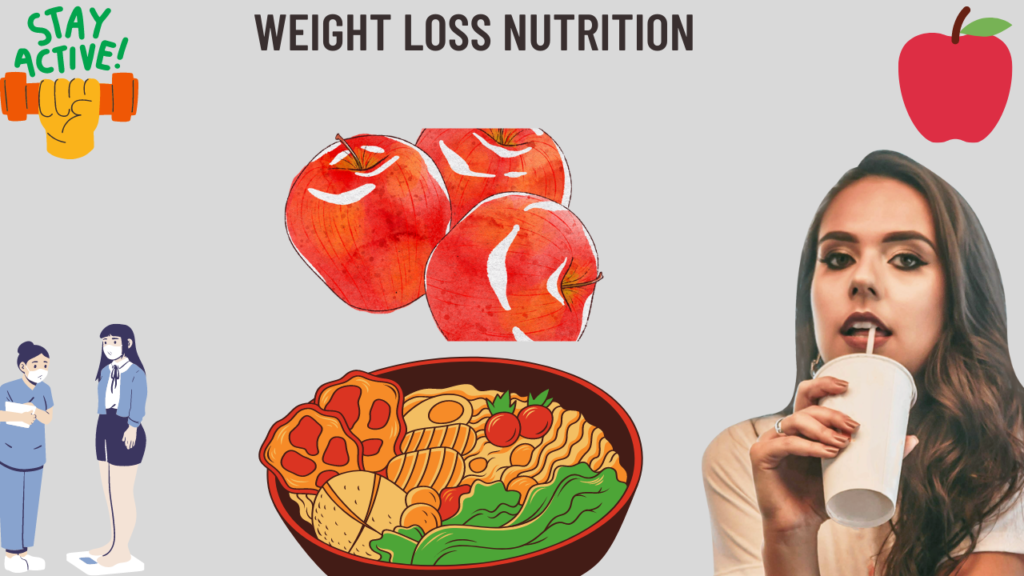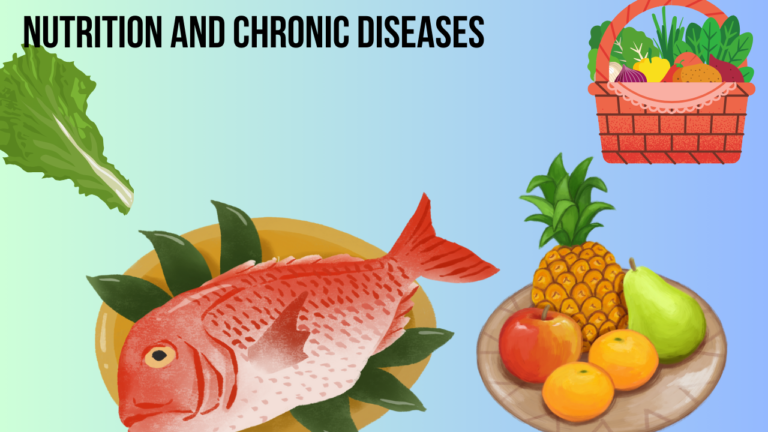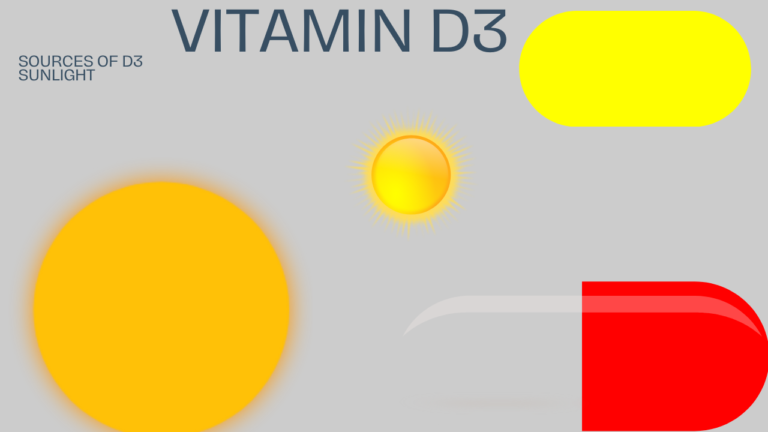weight loss nutrition

A comprehensive topic on weight loss nutrition could encompass various aspects related to dietary strategies, nutritional principles, and lifestyle factors that contribute to effective weight management:
1. Caloric Deficit and Energy Balance: Explain the concept of caloric deficit, where one consumes fewer calories than they expend, leading to weight loss. Discuss the importance of balancing calorie intake with energy expenditure.
2. Macronutrient Balance: Explore the role of macronutrients (carbohydrates, protein, and fats) in weight loss. Discuss the optimal ratio for weight loss diets and how each macronutrient affects satiety, metabolism, and body composition.
3. Whole Foods vs. Processed Foods: Highlight the benefits of prioritizing whole, nutrient-dense foods over processed, high-calorie foods. Discuss how whole foods provide more satiety, essential nutrients, and promote overall health.
4. Portion Control and Mindful Eating: Discuss the importance of portion control in weight loss and how practicing mindful eating techniques can help individuals become more aware of their hunger and fullness cues, leading to better food choices and reduced calorie intake.
5. Meal Timing and Frequency: Explore the impact of meal timing and frequency on weight loss. Discuss strategies such as intermittent fasting and its effects on metabolism, appetite regulation, and adherence to a calorie-controlled diet.
6. Nutrient Density and Micronutrients: Emphasize the importance of consuming nutrient-dense foods rich in vitamins, minerals, and antioxidants for overall health and weight management. Discuss common micronutrient deficiencies associated with weight loss diets and strategies to address them.
7. Hydration: Explain the role of proper hydration in weight loss and overall health. Discuss how drinking water before meals can help reduce calorie intake and promote satiety.
8. Behavioral Strategies and Habit Formation: Discuss behavioral techniques such as goal setting, self-monitoring, and social support in achieving and maintaining weight loss goals. Highlight the importance of forming sustainable habits for long-term success.
9. Physical Activity and Exercise: Explore the synergistic relationship between nutrition and exercise in weight loss. Discuss the benefits of regular physical activity for burning calories, preserving lean muscle mass, and enhancing overall well-being.
10. Individualization and Personalization: Stress the importance of personalized approaches to weight loss nutrition, considering factors such as age, gender, metabolic rate, medical history, and dietary preferences. Encourage individuals to work with registered dietitians or nutrition professionals to develop tailored nutrition plans.
By addressing these subtopics, individuals can gain a comprehensive understanding of weight loss nutrition and implement evidence-based strategies to achieve their weight loss goals effectively and sustainably.






